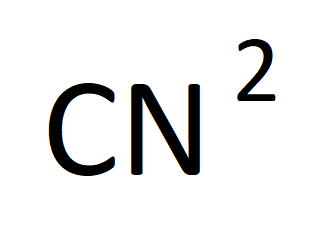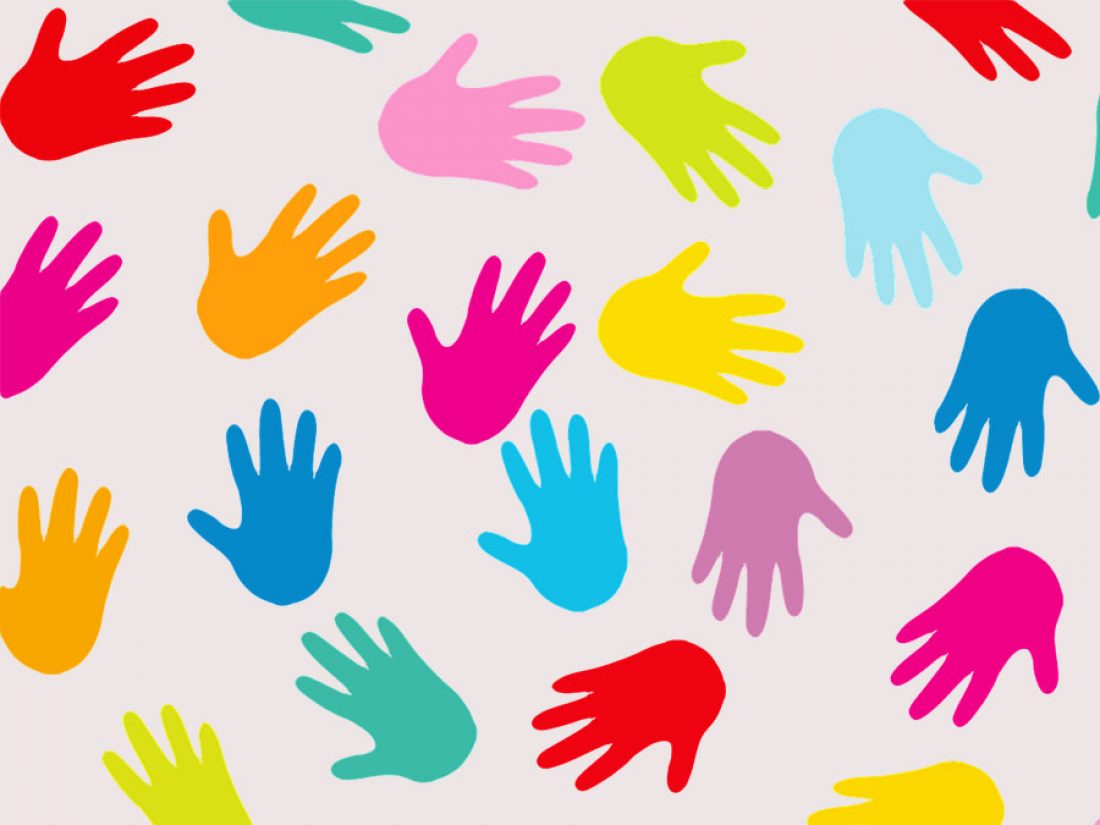Teaching timetable: You will receive 4 hours of lectures a week. The teaching will be divided into two 2-hour lectures, which will take place on Wednesday and Thursday each week, between 1730-1930.
The first teaching session will take place on 17/03/2021
The last teaching session will take place on 28/05/2021
There will not be a formal assessment of students' background knowledge and skills.
A basic understanding of concepts from psychobiology, cognitive psychology and cognitive neuropsychology is desirable, but not necessary.
The overall goals of this module are:
1. To gain knowledge about the main neuropsychological syndromes.
2. To gain knowledge about the neuropsychological profile of the main neurological disorders.
3. To develop a critical understanding of the interaction between brain disorders and cognitive and psychiatric disorders.
The written exam will consist of:
1. providing short answers to three open questions (i.e. 350-500 words) and
2. answering 30 multiple-choice questions.
Students will have 1.5 hours to complete the written exam.
Students will be assessed based on their ability to achieve the learning objectives specified above.
Core text book
Parsons, Michael W; Hammeke, Thomas A; Snyder, Peter J, Clinical neuropsychology: A pocket handbook for assessment. Washington; US; DC: American Psychological Association, 2014. 3rd edition
A key theme running through the course is the use of research to inform practice.
Content
The first set of topics will cover core background, principles, assumptions and introduction to clinical rehabilitation in the context of the amnesic syndrome:
Topic 1 Theory, practice and basic concepts of clinical neuropsychology
Topic 2 The behavioural geography of the cortex, brain imaging and brain networks
Topic 3 Neuropathology
Topic 4 Thalamic cognition and small vessel disease
Topic 5 The examination, Interpretation and Reporting
Topic 6 The amnesic syndrome and rehabilitation
The remaining topics will explore neuropsychological syndromes such as the amnesic syndrome, disorders of vision, the frontal lobe syndrome, and neuropsychiatric presentation such as major depressive disorder and psychopathy..
Categoria Archivio A.A. precedenti / A.A. 2020 - 2021 / Corsi di laurea magistrale / PS1932 - COGNITIVE NEUROSCIENCE AND CLINICAL NEUROPSYCHOLOGY


